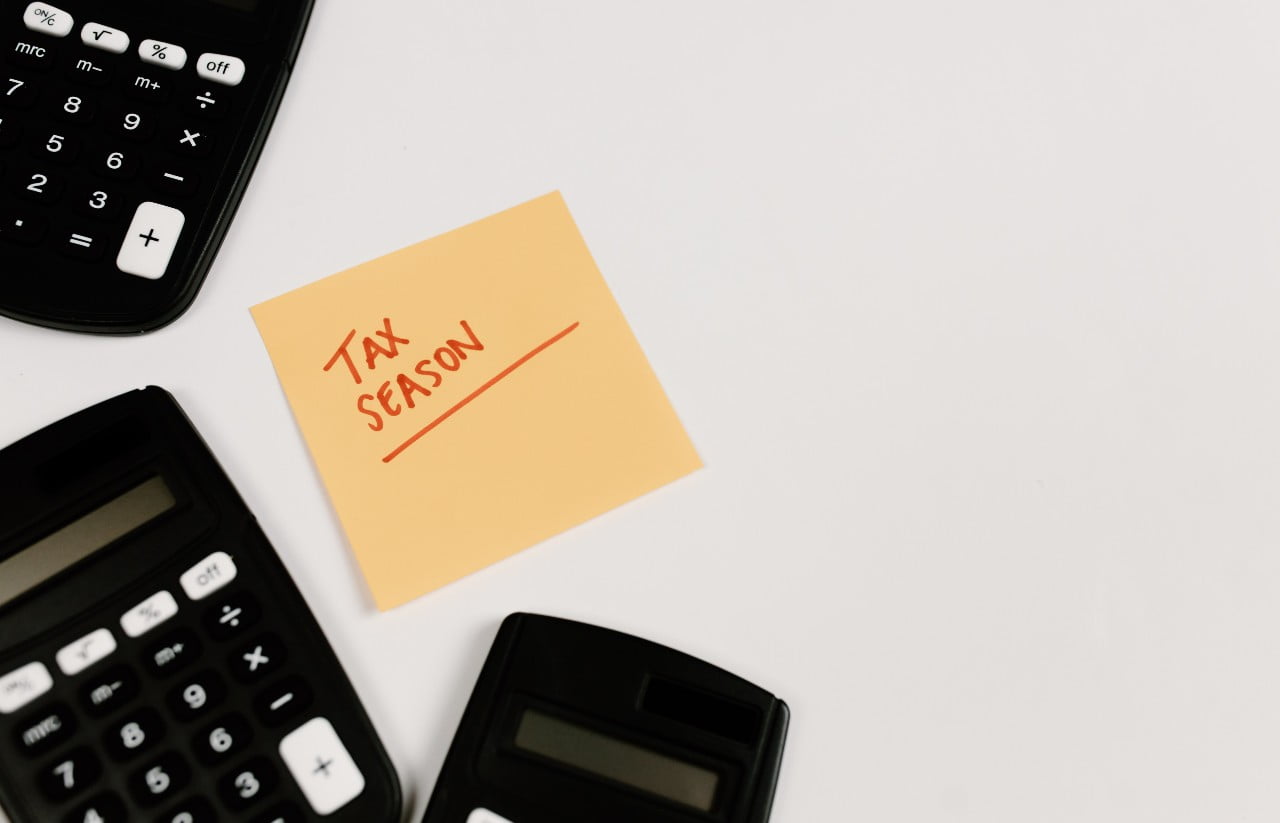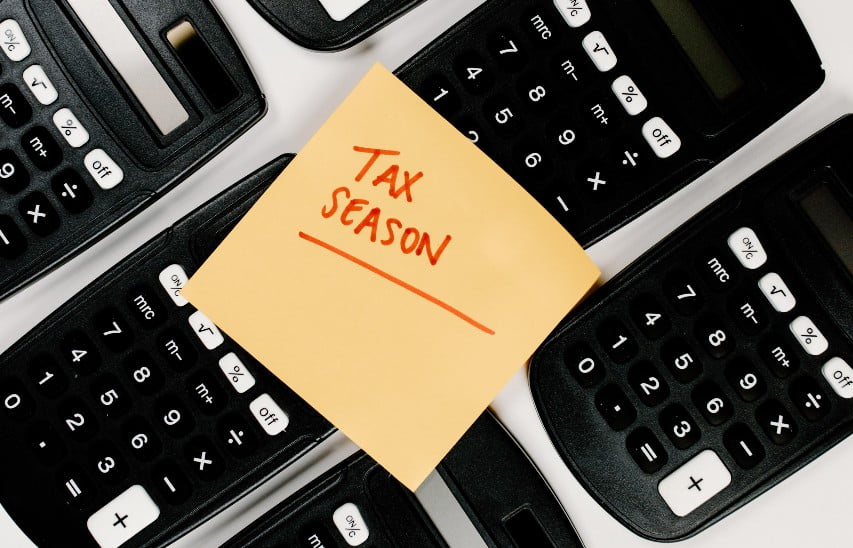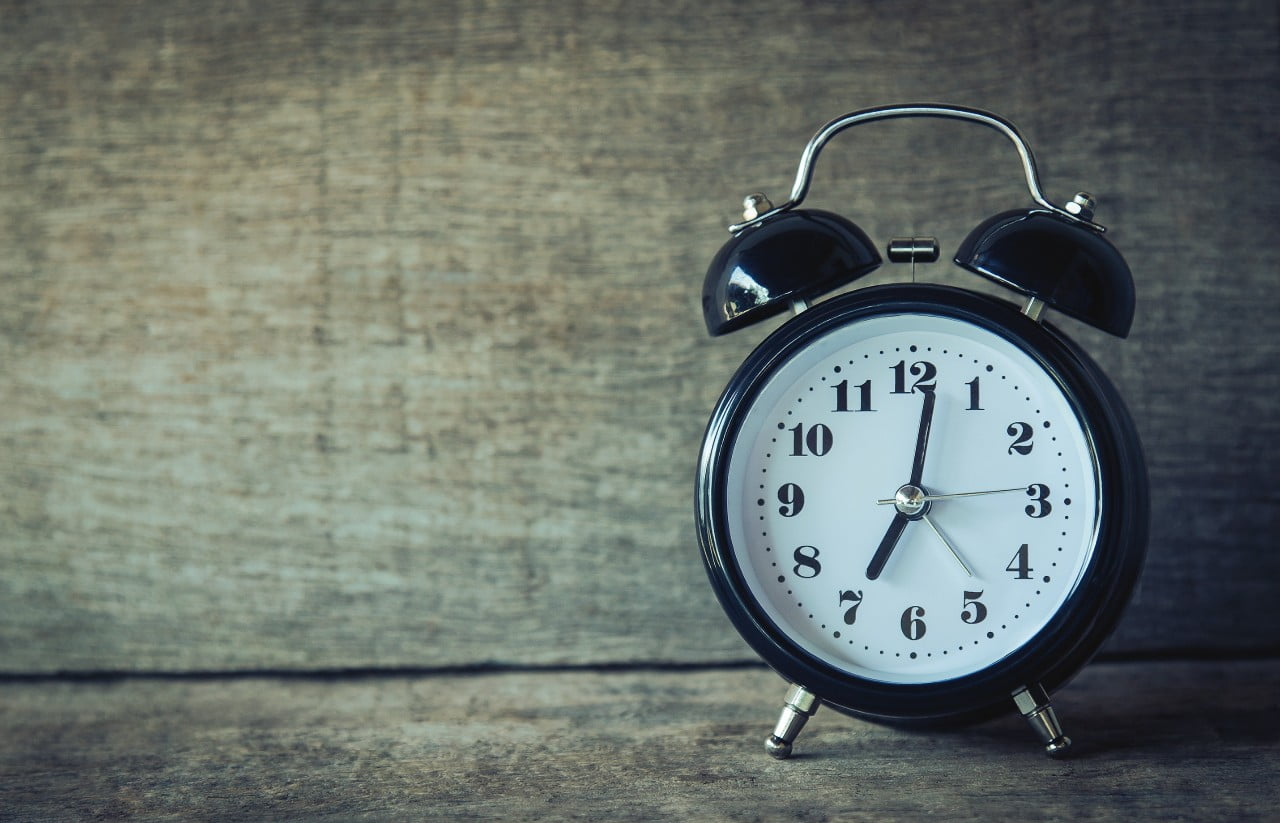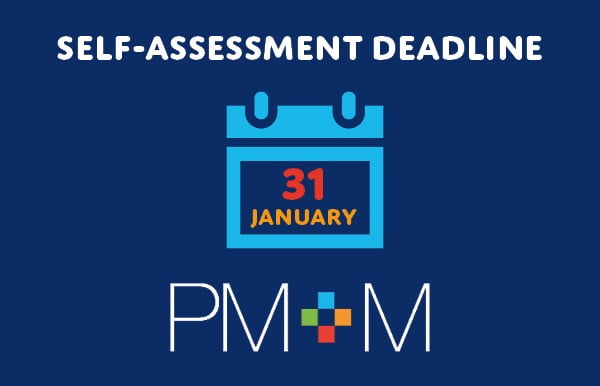With the festive period behind us, and as we begin a new year, it means only one thing – the 31 January personal tax return deadline is rapidly approaching.
Your annual Self Assessment tax return can seem daunting, especially if it is your first one, however, by reading our basic tips and pointers below to help you prepare the return and avoid mistakes, it can be a simple process.
What is Self Assessment?
Self Assessment is the process of informing HMRC about your taxable income and gains for a tax year by completing a tax return. Tax is usually deducted automatically from wages, pensions, and some savings income, however, people and businesses with other income (including Covid-19 grants and support payments) must complete a Self Assessment tax return.
Do I need to complete a Self Assessment tax return?
You must submit a tax return if, in the last tax year (6 April 2020 to 5 April 2021), you were:
- Self employed as a ‘sole trader’ and earned more than £1,000 (before deducting anything on which you can claim tax relief)
- A partner in a business partnership
Usually, you will not need to submit a return if your only income is from your wages or pension. However, you may need to complete one if you have other untaxed income such as:
- Some COVID-19 grant or support payments
- Property rental income
- Tips and commission
- Income from savings, investments and dividends
- Foreign income
If you are still not sure, click here to visit the Gov.uk website and answer a few questions to check if you need to submit a Self Assessment tax return.
Self Assessment tax return deadlines
- Paper tax returns should have been submitted by midnight 31 October 2021
- Online tax returns are due by midnight 31 January 2022
- Pay the tax you owe by midnight 31 January 2022
What information do I need to complete my tax return?
- Ten-digit Unique Taxpayer Reference (UTR) – this will have been sent to you when you registered for Self Assessment or when you set up a limited company
- National insurance number
- Details of self-employment income and expenses
- Details of property income and expenses
- Employment and pensions income information, including forms P60, P11D and P45 from any jobs you have had
- Interest certificates from banks/building societies
- Details of pension and/or charity contributions which may be eligible for tax relief
- Details of dividends and other income
- Details of any chargeable capital gains made in the year
HMRC will calculate what you owe in tax based on the information which you report – remember, you must pay your bill by 31 January 2022.
Get in touch
Hopefully you are already on with or have completed your tax return for 2020/21. If you haven’t, or if you aren’t sure whether you need to submit a tax return, get in touch straight away to avoid missing the deadline and incurring penalties. Please speak to you usual PM+M adviser or get in touch by emailing enquiries@pmm.co.uk.






